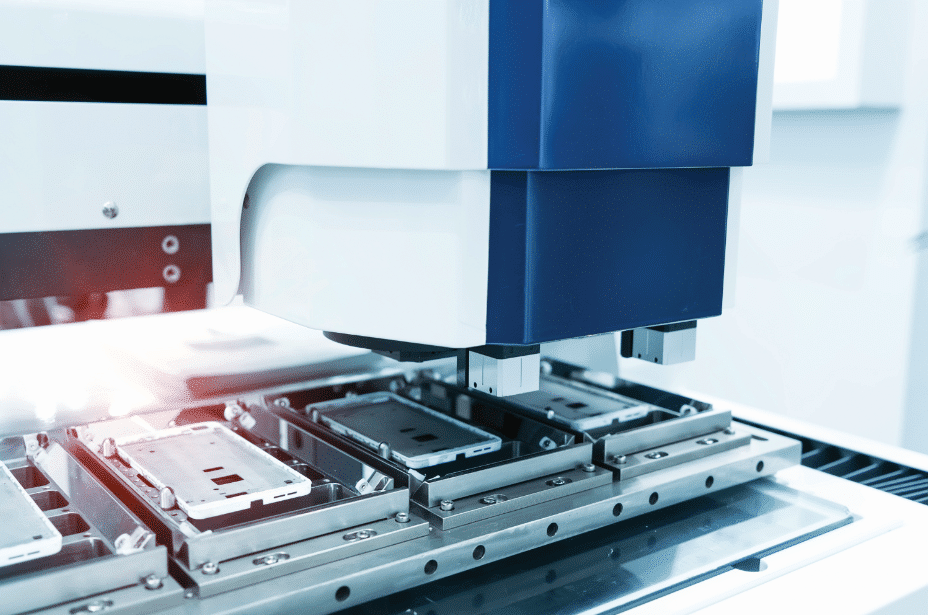In World War II, my granduncle Frans Nyamande was among the people conscripted to fight in North Africa. He was entangled in the combat between Erwin Rommel and Bernard Montgomery. He did not know what this war was about. It was a World War but essentially a European war.
However, with Africa as a colony of Europe at the time, we were entangled and my granduncle signed up. As the old adage goes, ‘when elephants fight, it is the grass that suffers’.
We are living in a dangerous era where the two superpowers are at war. The United States (US) and China, the two largest economies, are in a trade war. Like any other war, trade wars, too, have their own collateral damage. The genesis of this war was a complaint by US President Trump accusing China of unfair trade.
READ MORE | Data Is The New Gold
The problem is the US exports goods to the tune of $60 billion to China whereas China exports goods worth $600 billion to the US. This, according to the US President, is unfair trade. This quid pro quo imposition of import tariffs is already damaging the world economy, and the consequence of this will be devastating.
Loading...
This trade war has escalated and now includes information and communications technology company Huawei. It started with the arrest of the Chief Financial Officer of Huawei, Meng Wanzhou, in Canada for allegedly violating sanctions against Iran. She is awaiting extradition to the US. In retaliation, China arrested two Canadians for drug-related offences.
When we thought the end was near, the US banned its companies from supplying technology tools to Huawei. The Huawei smart phone uses a software called Android, which was created by the US company Google.
This ban meant that Google could no longer support Huawei. Furthermore, this ban also means that US semiconductor companies can no longer supply semiconductor chips to Huawei.
To understand the implications of this trade war, one ought to understand the strengths and weaknesses of China and the US. China has emerged the most sought-after country in the world when it comes to the manufacturing of hardware. The US leads in the creation of software and computer chips.
The interdependencies of these technological superpowers is extensive. For example, the US multinational technology company Apple makes its hardware in China, whereas many Chinese companies use computer chips made by US companies.
The British political economist David Ricardo in 1817 came up with a theory of comparative advantage. Comparative advantage states that for countries to be mutually prosperous, they should concentrate on those goods that they have comparative advantage over and trade those that they are not good at producing.
READ MORE | The 4IR Strategy To Move Forward
This, therefore, means that trade wars are bad for the overall prosperity of the global economy. Given the fact that trade wars are becoming more likely, how should African countries position themselves so they are not adversely affected by them?
The first strategy African countries should adopt is they should be non-aligned to global superpowers. This essentially means we should not take sides in these trade wars.
The late former Indian Prime Minister, Jawaharlal Nehru, and the leader of Yugoslavia, Josip Tito, introduced the concept of non-alignment during the cold war between the Soviet Union and the US.
They observed that for developing countries to maximize their prosperity, they ought to remain neutral during the cold war and, therefore, not be aligned to either of the two superpowers. African countries are dependent on both China and the US for technology and, therefore, should maintain good relations with both.
Secondly, African countries should develop sovereign technological capacity. When the Ethiopian Airlines Boeing 737 Max 8 crashed earlier this year, the black box from this plane had to be taken to France to be analysed because we did not have the technological expertise to do so.
Naturally, for us to develop sovereign technology, we need to expand educational opportunities across the continent.
– Tshilidzi Marwala is a professor and Vice-Chancellor and Principal of the University of Johannesburg. He deputizes President Cyril Ramaphosa on the South African Presidential Commission on the Fourth Industrial Revolution.
Loading...
